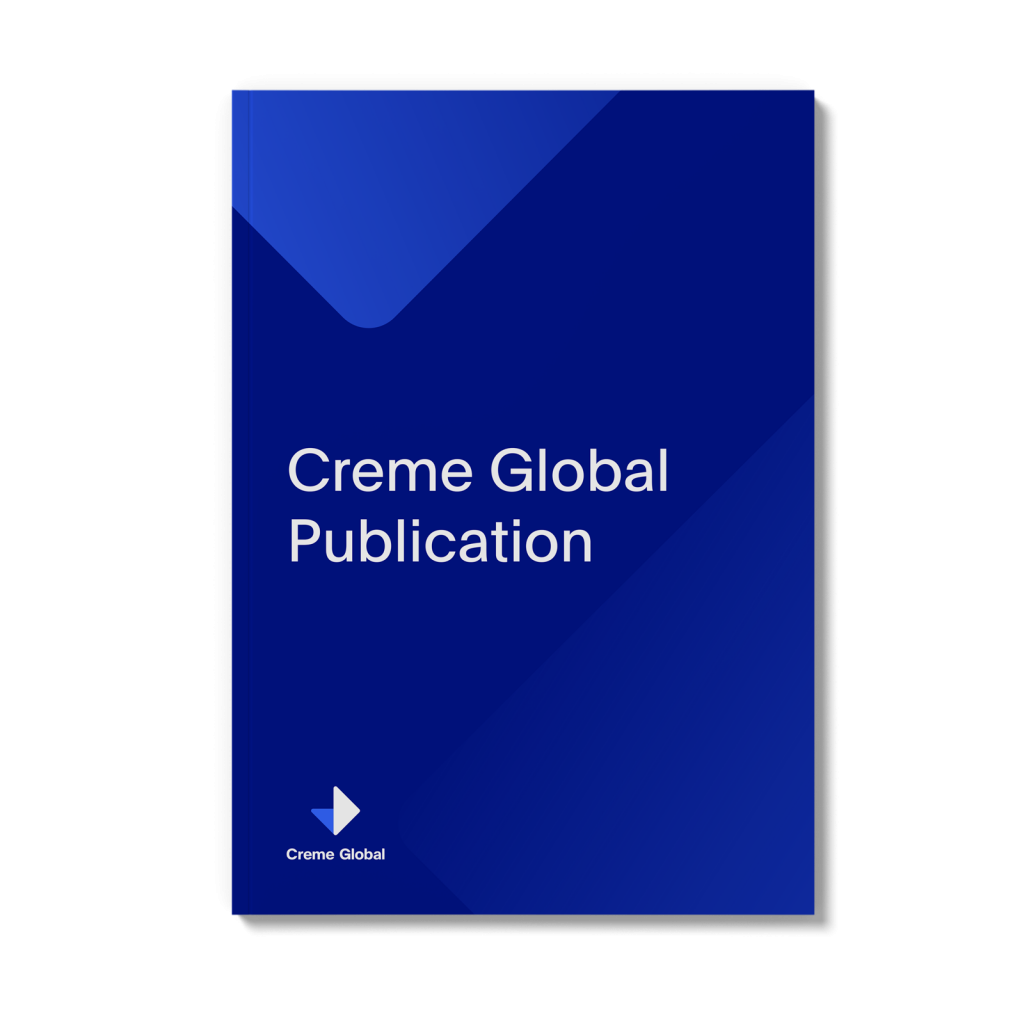Children with Phenylketonuria (PKU) and severe cow’s milk protein allergy (CMPA) consume prescribed, specially formulated, foods for special medical purposes (FSMPs) as well as restricted amounts of normal foods. These patients are exposed to artificial sweeteners from the consumption of a combination of free and prescribed foods. Young patients with PKU and CMPA have a higher risk of exceeding acceptable daily intakes (ADI) for additives than age-matched healthy children. A predictive modelling approach has been adapted successfully to assess the additive exposure of young patients with PKU and CMPA to artificial sweeteners. Steviol glycosides (E960) are at various stages of regulatory approval for the various food categories in the EU but are not as yet permitted for use in products intended for young children. The aim of this study was to predict potential steviol glycoside exposure in young children with PKU and CMPA considering the potential for future provisions for the use of this sweetener. The recent introduction of steviol glycosides means that no exposure data are available for children with CMPA and PKU. Food consumption data were derived from the food consumption survey data of healthy young children in Ireland from the National Preschool and Nutrition Survey (NPNS, 2010–11). Specially formulated amino acid-based FSMPs are used to replace whole or milk protein foods and were included in the exposure model to replace restricted foods. The recommendations to ensure adequate protein intake in these patients were used to determine FSMP intake. Exposure assessment results indicated that the maximum permitted level (MPL) for FSMPs would warrant careful consideration to avoid exposures above the ADI. These data can be used to inform recommendations for the medical nutrition industry.
O’Sullivan Aaron J., Sandrine Pigat, Cian O’Mahony, Michael J. Gibney & Aideen I. McKevitt
Food Additives & Contaminants: Part A Volume 35, 2018 - Issue 1
17/11/2017
Download Publication >>>
Predictive modelling of the exposure to Steviol Glycosides in Irish patients aged 1-3 years with Phenylketonuria and Cow’s milk protein allergy

Authors: O’Sullivan Aaron J., Sandrine Pigat, Cian O’Mahony, Michael J. Gibney & Aideen I. McKevitt
Keywords: Predictive modelling, artificial sweeteners, steviol glycosides, stevia, exposure assessment, children, foods for special medical purposes, phenylketonuria, cows’ milk protein allergy, CMPA